For Arthur Rowe, the trip to the charity fete was a joyful step back into adolescence, a chance to forget the nightmare of the blitz—and the aching guilt of having mercifully murdered his sick wife. He was surviving alone, aside from the war, until he happened to guess both the true and the false weight of the cake. From that moment, he finds himself ruthlessly hunted, the quarry of malign and shadowy forces, from which he endeavors to escape with a mind that remains obstinately out of focus.
About the Author
Graham Greene was born in 1904. On coming down from Balliol College, Oxford, he worked for four years as sub-editor on The Times. He established his reputation with his fourth novel, Stamboul Train. In 1935 he made a journey across Liberia, described in Journey Without Maps, and on his return was appointed film critic of the Spectator. In 1926 he had been received into the Roman Catholic Church and visited Mexico in 1938 to report on the religious persecution there.
As a result he wrote The Lawless Roads and, later, his famous novel The Power and the Glory. Brighton Rock was published in 1938 and in 1940 he became literary editor of the Spectator. The next year he undertook work for the Foreign Office and was stationed in Sierra Leone from 1941 to 1943. This later produced the novel The Heart of the Matter, set in West Africa. As well as his many novels, Graham Greene wrote several collections of short stories, four travel books, six plays, three books of autobiography - A Sort of Life, Ways of Escape and A World of My Own (published posthumously) - two of biography and four books for children. He also contributed hundreds of essays, and film and book reviews, some of which appear in the collections Reflections and Mornings in the Dark. Many of his novels and short stories have been filmed and The Third Man was written as a film treatment. Graham Greene was a member of the Order of Merit and a Companion of Honour. He died in April 1991.
Industry Reviews
A master thriller and a remarkable portrait of a twisted character. ("Time")


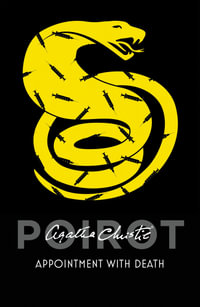



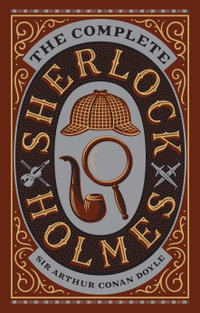





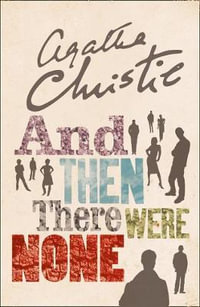







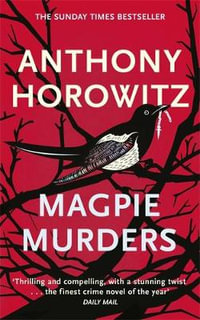
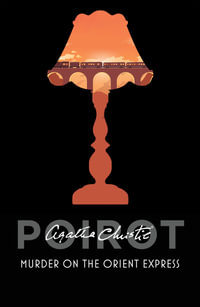
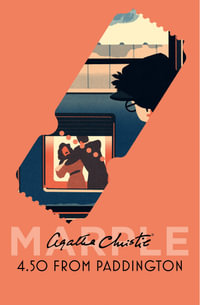

![Poirot - Murder On The Orient Express [Special Edition] : Poirot - Agatha Christie](https://www.booktopia.com.au/covers/200/9780008226664/9805/poirot-murder-on-the-orient-express-special-edition-.jpg)